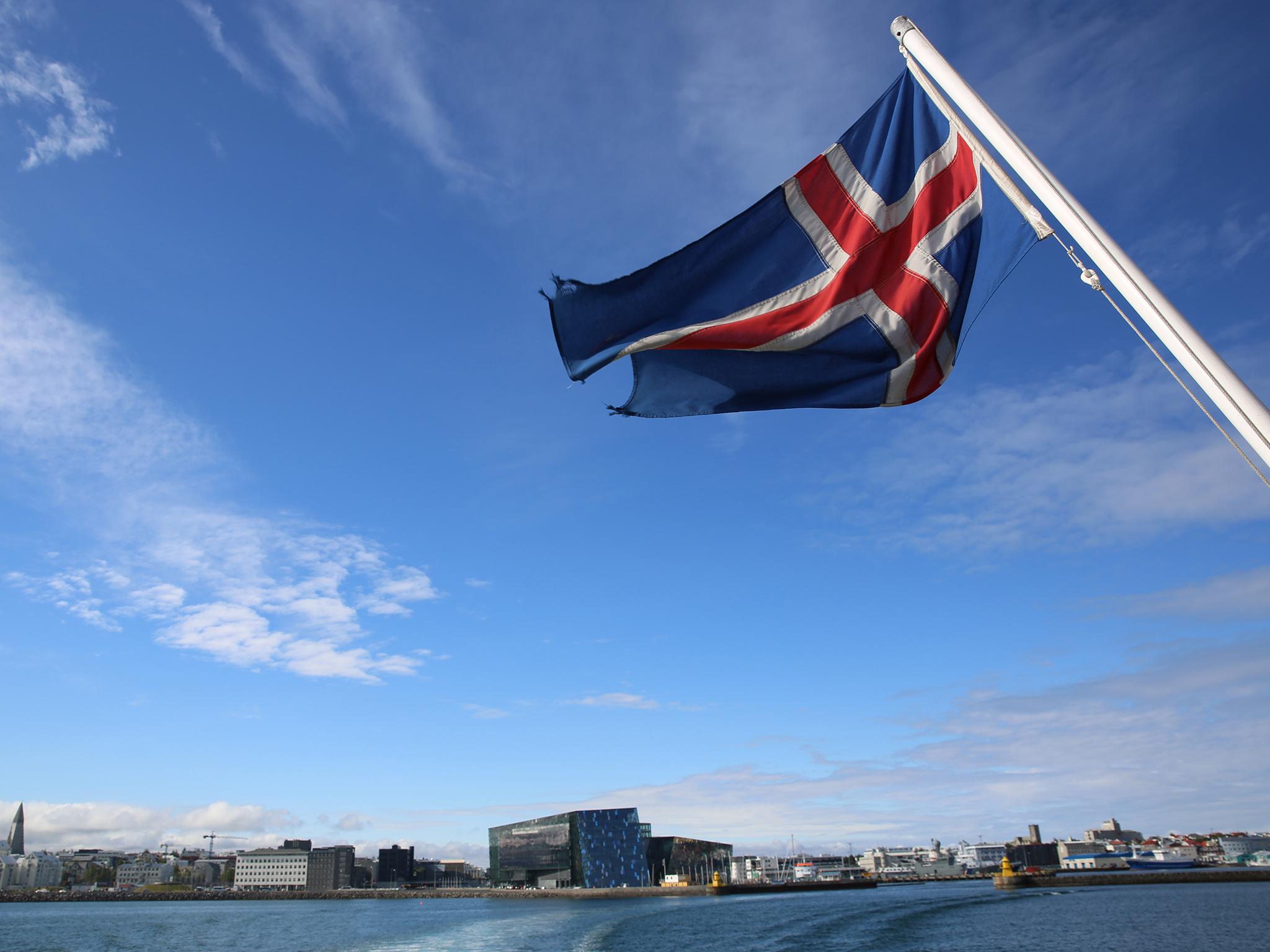Linguistic experts warn Icelandic language is at risk of dying out because smartphones don't speak it
'Not being able to speak Icelandic to voice-activated fridges, interactive robots and similar devices' could be a problem, expert says

Your support helps us to tell the story
From reproductive rights to climate change to Big Tech, The Independent is on the ground when the story is developing. Whether it's investigating the financials of Elon Musk's pro-Trump PAC or producing our latest documentary, 'The A Word', which shines a light on the American women fighting for reproductive rights, we know how important it is to parse out the facts from the messaging.
At such a critical moment in US history, we need reporters on the ground. Your donation allows us to keep sending journalists to speak to both sides of the story.
The Independent is trusted by Americans across the entire political spectrum. And unlike many other quality news outlets, we choose not to lock Americans out of our reporting and analysis with paywalls. We believe quality journalism should be available to everyone, paid for by those who can afford it.
Your support makes all the difference.Linguistic experts have warned that the Icelandic language is at risk of dying out in the modern society.
The widespread use of English in the country, both for tourism and for voice-controlled electronic devices, has slowly reduced the numbers of people speaking Icelandic to less than 400,000.
Asgeir Jonsson, an economics professor at the University of Iceland, said without a unique language the country could experience a brain drain.
"A British town with a population the size of Iceland has far fewer scientists and artists, for example. They've simply moved to the metropolis," he said.
The problem is made worse because many new computer devices are designed to recognise English but not Icelandic.
"Not being able to speak Icelandic to voice-activated fridges, interactive robots and similar devices would be yet another lost field," Mr Jonsson added.
Eirikur Rognvaldsson, a language expert at the same university, said children were not learning the language enough.
"The less useful Icelandic becomes in people's daily life, the closer we as a nation get to the threshold of giving up its use," Professor Rognvaldsson said.
"Preliminary studies suggest children at their first-language acquisition are increasingly not exposed to enough Icelandic to foster a strong base for later years.”
Join our commenting forum
Join thought-provoking conversations, follow other Independent readers and see their replies
Comments